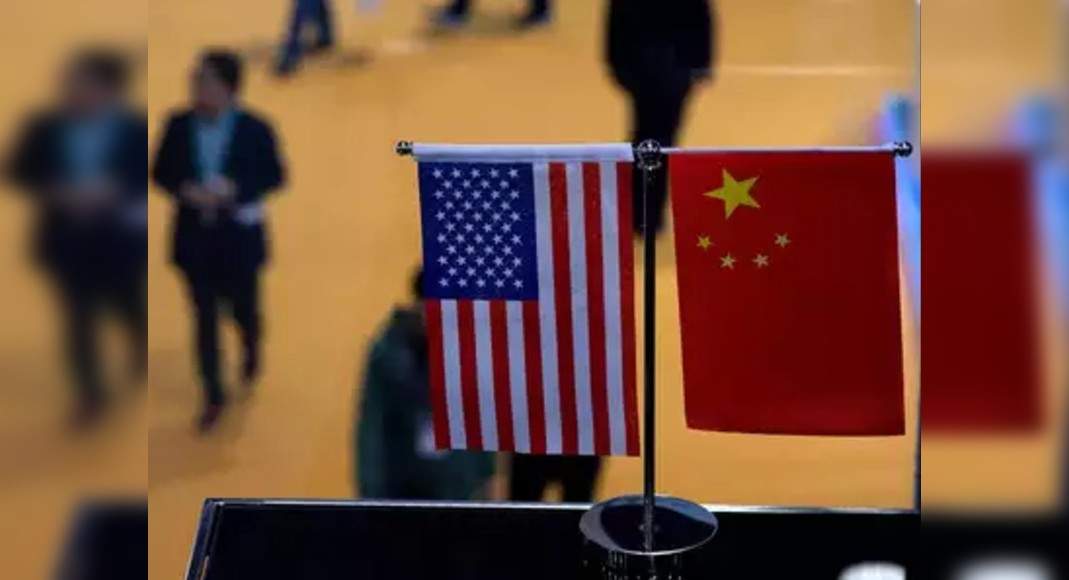BEIJING: Beijing accused the United States of “suppressing” Chinese firms and issued veiled threats of a retaliation on Friday, after President Joe Biden expanded a blacklist of companies Americans are barred from investing in.
Biden on Thursday widened a list to 59 Chinese companies that are off-limits to American investors over their links to Beijing’s “military-industrial complex”, as he maintains a campaign of pressure on the Asian superpower.
His predecessor Donald Trump in November issued a list of 31 Chinese companies that were deemed to be supplying or supporting China’s military and security apparatus, adding more firms earlier this year.
But after legal challenges put the sanctions in doubt, Biden’s team reviewed the blacklist, removing some names and ultimately expanding it.
Many are subsidiaries of companies already included.
The sanctions target companies involved in Chinese surveillance technology used to “facilitate repression or serious human rights abuses”, which “undermine the security or democratic values of the United States and our allies”, according to a White House statement.
China’s foreign ministry decried the move as a “violation of market law” and an attempt to “suppress” Chinese companies.
“Remove these so-called lists that suppress Chinese companies,” Wang Wenbin, spokesman for China’s ministry of foreign affairs, told reporters, urging the US to be “fair, just and non-discriminatory” towards Chinese companies.
“China will take necessary measures to resolutely safeguard the legitimate rights and interests of Chinese companies,” he added.
The initial list published under Trump included major telecoms, construction and technology firms such as China Mobile, China Telecom, video surveillance firm Hikvision, and China Railway Construction Corp.
China National Offshore Oil Corporation (CNOOC) was added in January — causing S&P to remove it from its stock index — and remains on Biden’s list.
The investment ban takes effect on August 2 and current shareholders have a year to divest.
The move was among a series of measures by the White House aimed at Beijing that have left ties between the two sides severely strained.
Previously, the sanctions and choice of targets were tied to a congressionally mandated Defense Department report but will be managed by the Treasury Department.
While the Biden administration has pledged to take a more diplomatic approach with China following Trump’s exit, he has said he will keep to a tough line on several issues including defence and technology.
Biden has lamented that the United States is falling behind, saying China is “eating our lunch”.
However, his list was brushed off by investors, with shares of the firms that are listed in Hong Kong and mainland China broadly higher.
Among the standouts, Changsha Jingjia Microelectronics added 5.20 per cent and Zhonghang Electronic Measuring Instruments Co jumped more than four per cent.
In Hong Kong, China Mobile climbed more than one per cent and China Unicom jumped almost one per cent, while CNOOC was only slightly lower.
A tough line on China has rare cross-party support in Congress, with lawmakers determined to keep a lid on its growing global clout.
Republican senators Tom Cotton and Marco Rubio, alongside Democrats Gary Peters and Mark Kelly, published a bi-partisan letter earlier this week urging the administration to publish a new list.
“The US government must continue to act boldly in blocking the Chinese Communist Party’s economic predation against our industrial base,” they said.







